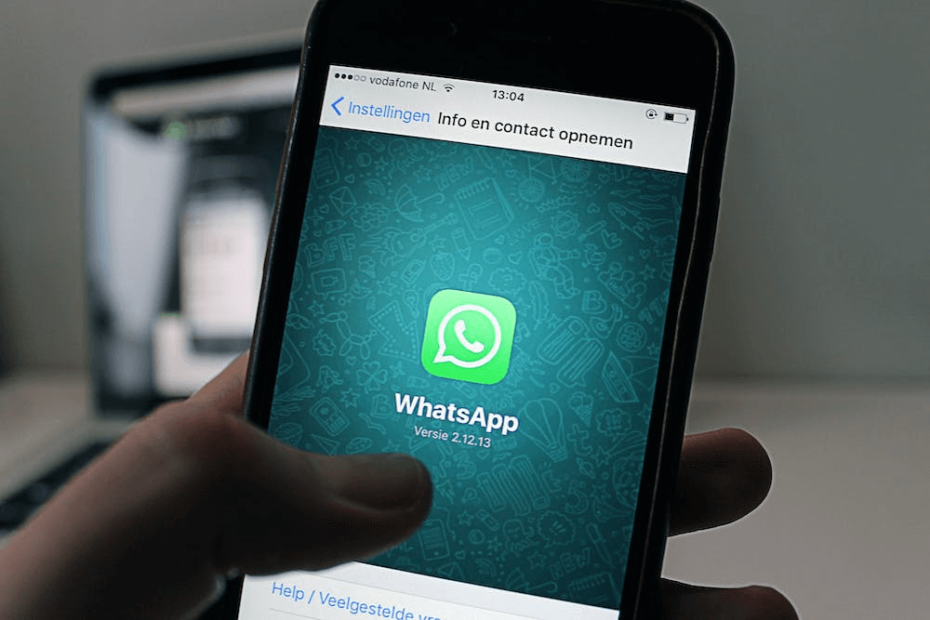📑 Table of Contents
In today’s rapidly evolving digital landscape, marketers are constantly in search of effective channels to reach their audience. Two such powerful tools at their disposal are WhatsApp and SMS. Both platforms offer unique advantages and can play distinct roles in a comprehensive marketing strategy.
This blog post will delve into the nuances of WhatsApp and SMS, helping marketers navigate their differences and synergize their use for maximum impact.
WhatsApp Marketing: Good for Rich Content and Global Reach
1. Multimedia Messaging Capabilities:
WhatsApp excels in its ability to send multimedia content, including images, videos, documents, and voice messages. This richness in communication allows brands to create more engaging and interactive marketing campaigns. Whether it’s showcasing a new product through a video or sending a voice message to add a personal touch, WhatsApp’s multimedia capabilities offer a dynamic way to capture the audience’s attention.
2. Global Messaging Platform with High Engagement Rates:
With over 2 billion users worldwide, WhatsApp provides a massive platform for global reach. Its high engagement rates are attributed to the personal nature of messaging, ensuring that marketing messages are more likely to be opened and read than those sent through other channels. Additionally, WhatsApp’s end-to-end encryption ensures privacy and security, building trust between the brand and the consumer.
3. Group Messaging and Customer Support:
WhatsApp groups and broadcast lists enable marketers to segment their audience and send targeted messages. This platform also excels as a customer support tool, allowing for real-time communication and personalized customer service experiences. By leveraging WhatsApp for both marketing and support, businesses can enhance customer engagement and satisfaction.
SMS Marketing: Good for Instant Reach and Simplicity
1. Universal Accessibility without Internet:
SMS’s most significant advantage is its reach. Unlike WhatsApp, SMS doesn’t require an internet connection, making it accessible to virtually every mobile phone user. This universal accessibility ensures that marketing messages reach a broader audience, including those in areas with limited internet connectivity.
2. Direct and Immediate Communication:
SMS messages are delivered instantly and are typically read within minutes, making it an excellent channel for time-sensitive messages, such as sales promotions or urgent updates. Its simplicity and directness make SMS an effective tool for reaching out to customers without overwhelming them with content.
3. High Open Rates:
SMS boasts one of the highest open rates among communication channels, with most messages being opened within just a few minutes of receipt. This immediacy can be crucial for marketers looking to drive quick responses from their audience.
The choice between WhatsApp and SMS depends on the objectives of your marketing campaign and the preferences of your target audience. Here are a few strategies to navigate their distinct roles effectively:
- Use WhatsApp for Rich Media Campaigns: When your campaign focuses on engaging content or requires interactive communication, WhatsApp’s rich media capabilities make it the ideal choice.
- Leverage SMS for Broad and Immediate Reach: For messages that need to reach a wide audience quickly and reliably, SMS is unmatched. It’s perfect for alerts, reminders, and promotions.
- Combine Both for Comprehensive Coverage: Integrating both WhatsApp and SMS into your marketing strategy can provide comprehensive coverage. For instance, use WhatsApp for ongoing engagement and rich content delivery, while SMS can serve as a backup for critical communications to ensure maximum reach.
- Understand Your Audience’s Preferences: Always consider your audience’s preferences and behavior. Some demographics may prefer the immediacy and simplicity of SMS, while others might appreciate the interactive features of WhatsApp.
WhatsApp vs. SMS Marketing Comparision
To better understand the differences and applications of WhatsApp and SMS in marketing, let’s examine their features, benefits, and challenges. WhatsApp offers multimedia messaging, group chats, and end-to-end encryption, while SMS boasts widespread accessibility and reliability. However, WhatsApp requires internet connectivity and explicit user consent, whereas SMS operates independently of internet access but lacks rich media capabilities. Balancing these factors is key to crafting successful marketing campaigns across both platforms.
| Feature | SMS | |
|---|---|---|
| Messaging Type | Text, images, videos, documents, voice messages | Text only |
| Internet Required | Yes | No |
| Global Reach | Over 2 billion users | Any mobile phone user |
| Engagement Rate | High, due to multimedia and personal touch | High, due to immediacy and directness |
| Customer Support | Real-time chats, group messaging | Direct one-way or two-way communication |
| Accessibility | Requires smartphone and internet access | Accessible on all mobile phones |
| Privacy | End-to-end encryption | Standard network security |
| Segmentation | Groups and broadcast lists | Bulk messaging with segmentation |
| Cost | Generally free with internet | Generally free with the internet |

Concluding Thoughts!
In conclusion, WhatsApp vs. SMS for marketing has unique strengths that, when used strategically, can significantly enhance your marketing efforts. By understanding the distinct roles each platform can play within your marketing strategy, you can create a more engaging, inclusive, and effective campaign. Furthermore, understanding the demographic preferences of your target audience is essential, as younger demographics may prefer WhatsApp for its interactive features, while older demographics may prefer the simplicity of SMS.
Balancing the rich, interactive capabilities of WhatsApp with the broad reach and simplicity of SMS allows marketers to navigate the complexities of modern communication with confidence and creativity.
